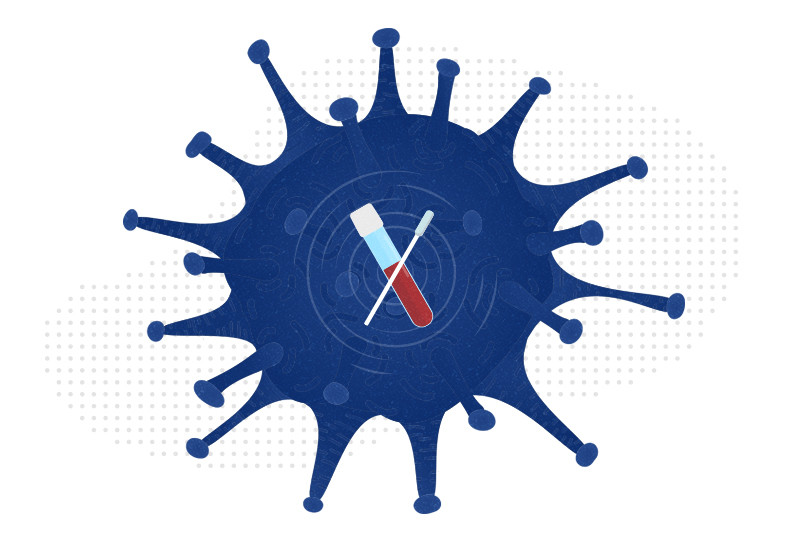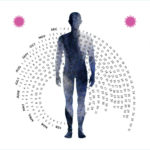Immune biomarkers predicted COVID-19 severity and could help in future pandemics

Why did some people fall critically ill from COVID-19 and others not? In May 2020, as COVID-19 swept the world, Boston Children’s Hospital helped launch a national, NIAID-funded study called IMPACC (IMmunoPhenotyping Assessment in a COVID-19 Cohort). Taking a “systems immunology” approach, the goal was to document the virus’s impact on the immune system in a comprehensive, unbiased fashion and identify factors predicting severe disease and death.
In their first major report in Cell Reports Medicine, a team of IMPACC investigators including Joann Arce, PhD, at Boston Children’s and Steven Kleinstein, PhD, at Yale provide a wealth of data from the pandemic before COVID-19 vaccines were available. Arce hopes their analytic methods and insights will help authorities and hospitals respond quickly to future pandemics.
“Our study has identified biomarkers that predict COVID severity and outcome,” says Arce. “If a patient with COVID-19 is on course to have a worse outcome, it’s important to know that sooner rather than later to prioritize resources and tailor optimal therapies.”
This was a massive, unbiased effort looking at cellular and molecular signatures and their trajectories over time.
Arce and her colleagues analyzed more than 15,000 blood and nasal samples from 540 adult COVID-19 patients. These were collected at hospital admission and again as ordered by the clinical care team. The investigators used all the analytical tools at their disposal — 14 different cutting-edge laboratory assays including genomics, transcriptomics, proteomics, metabolomics, viral load studies, and antibody titers.
“Each assay has its own story to tell,” says Arce.
Early COVID-19 prognostic markers
Analyzing hundreds of thousands of data points, the investigators found early immunologic signatures that predicted five levels of increasing COVID-19 severity, from mild and moderate illness to critical illness and death.
A key finding was that patients with severe disease tended to have persistently high levels of virus despite having high antibody titers. This suggested that they were less able to clear the virus, possibly because of differences in antibody quality.
Severity was also associated with reduced cytotoxic natural killer (NK) cells, increased airway inflammation, and thrombosis. Severely ill patients also had altered markers of metabolism, differences in the cells lining the airways, differences in the airway microbiome, and more. Critically ill patients with markers of myocardial damage were at greater risk of dying.
Much more remains to be understood, but the project is a major step toward establishing a common knowledge base and is likely to spur multiple follow-up investigations.
“This was a massive, unbiased effort looking at cellular and molecular signatures and their trajectories over time,” says Ofer Levy, MD, PhD, director of the Precision Vaccines Program and principal investigator for the IMPACC site at Boston Children’s. “The virus has changed over time and we now have the benefit of vaccines, but COVID still takes a toll. Moreover, as sure as the sun will rise tomorrow, there will eventually be another pandemic, and our published and deposited data will serve public health in many ways.”
Learn more about COVID-19 research at Boston Children’s.
Related Posts :
-

Deep plasma proteomics: Back to the future
Blood plasma is collected from people routinely during clinical care and for research. It is potentially a rich source of ...
-

Making an IMPACC: Examining immune responses in people hospitalized with COVID-19
We know that the consequences of COVID-19 disease start by infection from a virus. But how does the body react ...
-

Boston Children’s Hospital leads national study on pediatric COVID-19 and MIS-C
Why are children largely spared from COVID-19 — and why do a few become extremely sick? To find out, Boston Children’...
-

COVID-19 and a serious inflammatory syndrome in children: Unpacking recent warnings
On April 27, an alert circulated from the U.K. about multi-system inflammatory disease in children with COVID-19, based on a ...





